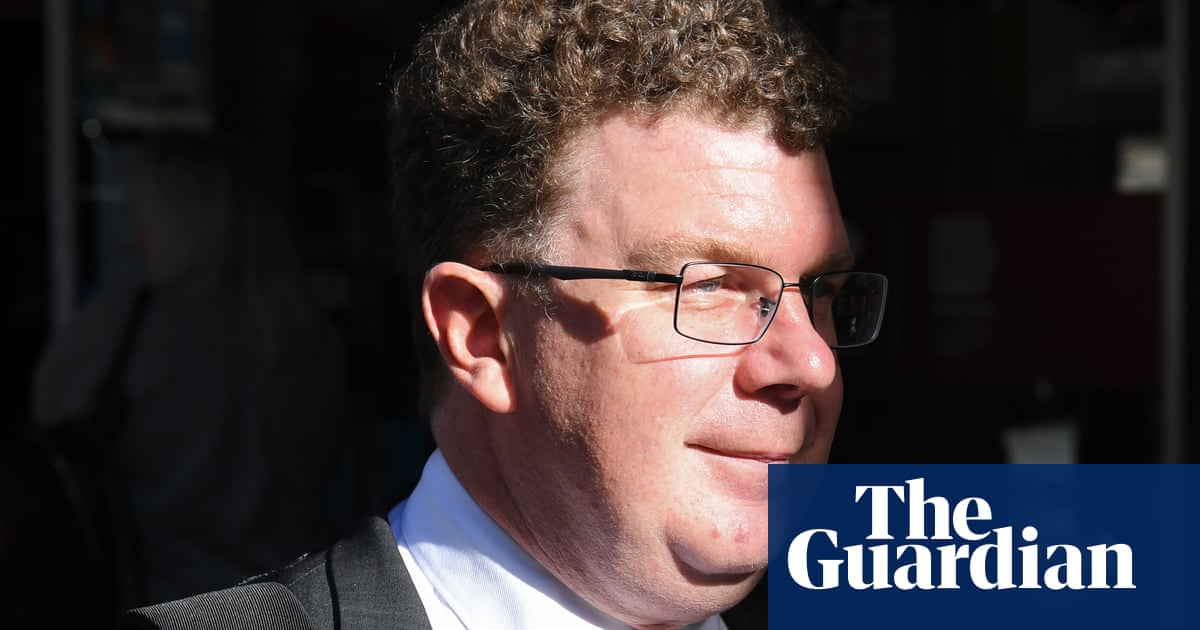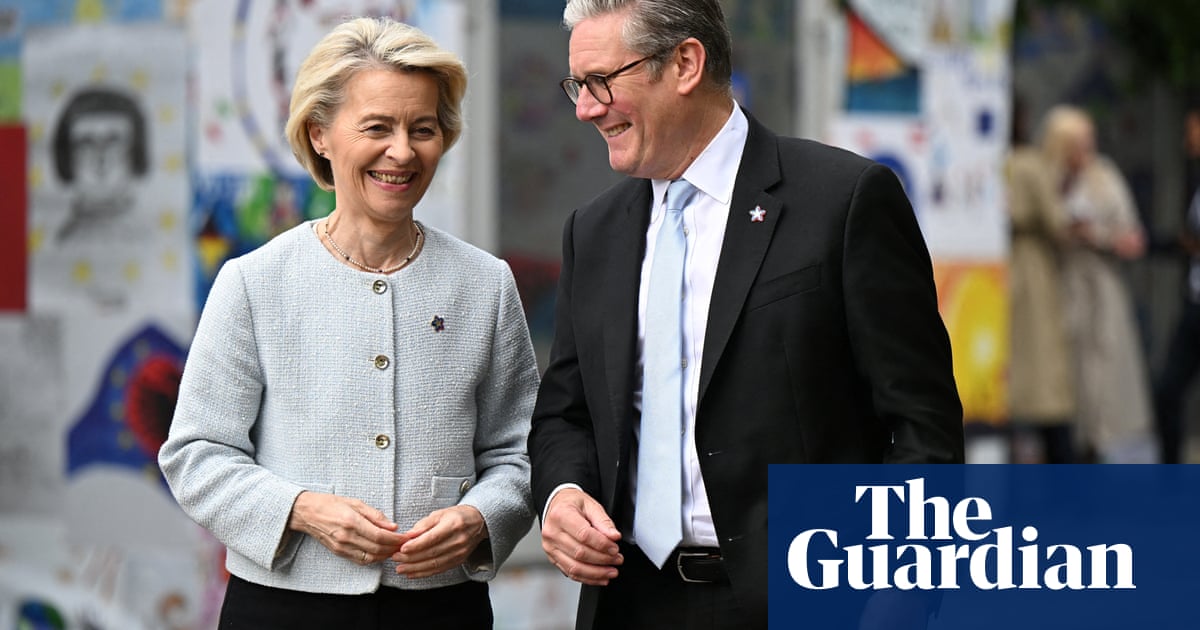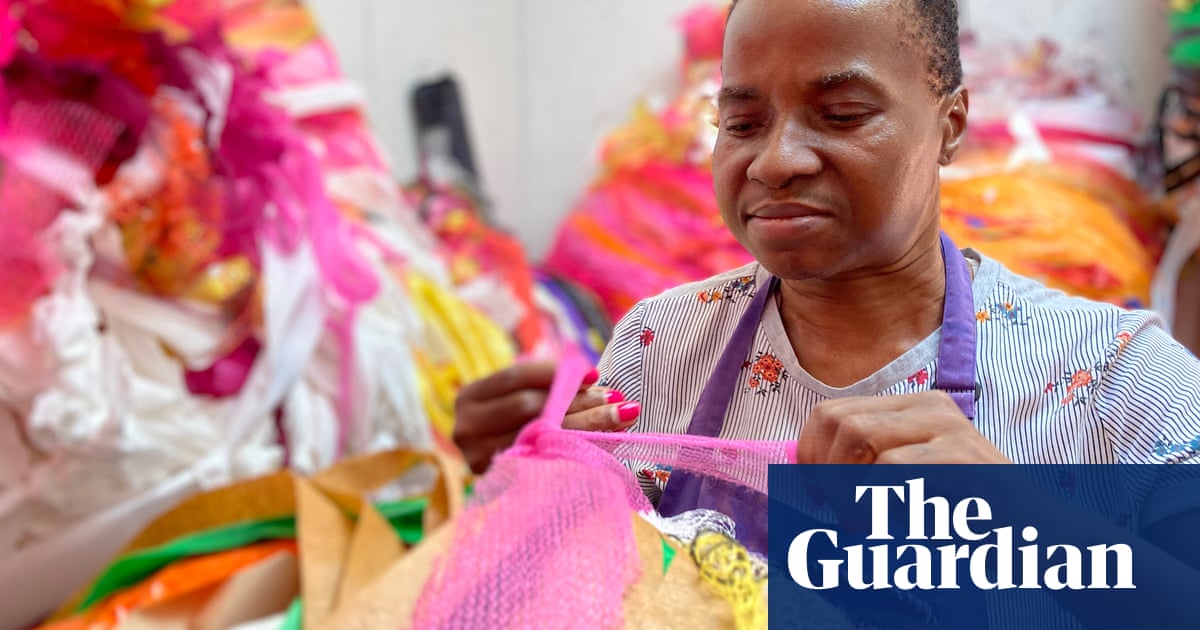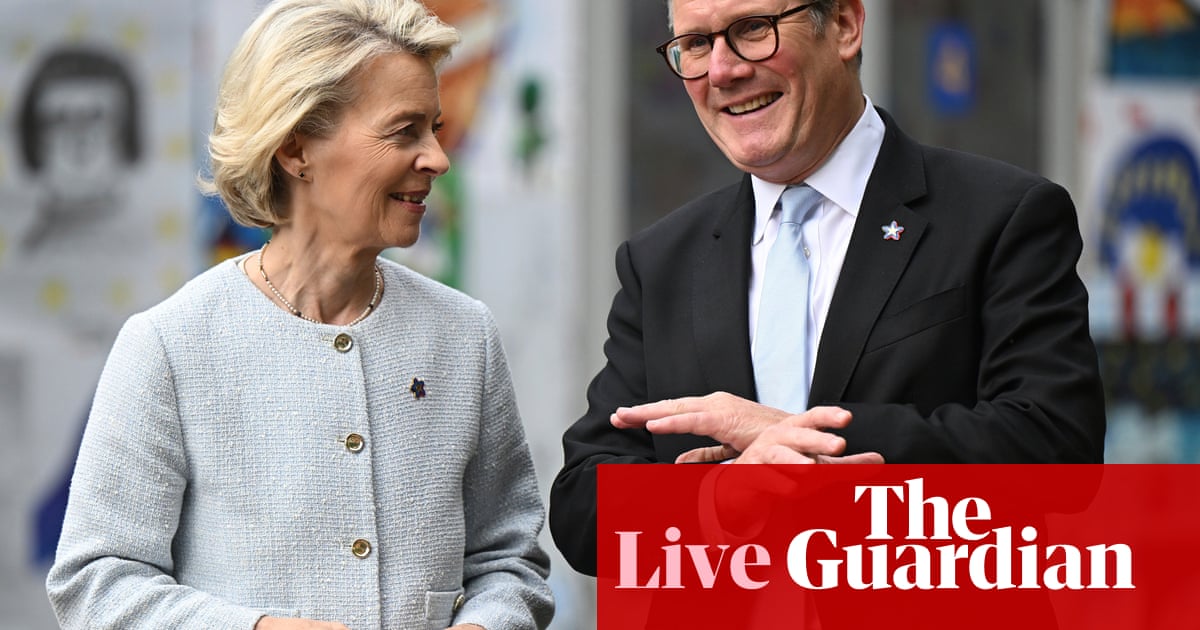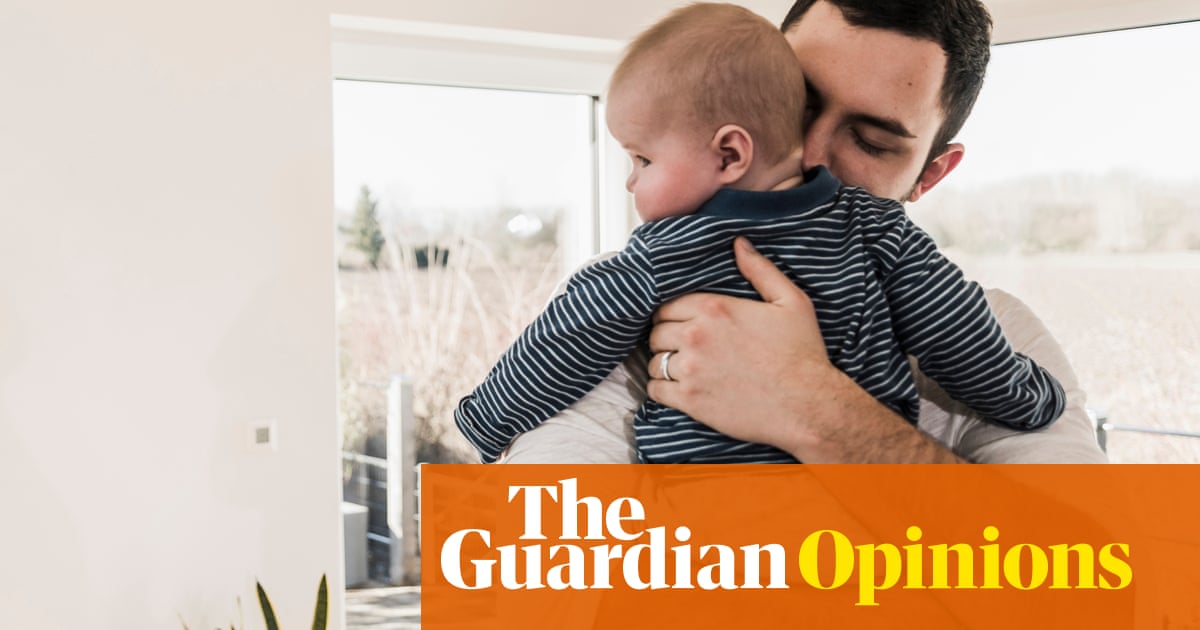Charities and a Labour-aligned pressure group are ramping up calls on Keir Starmer to scrap the two-child limit on benefits, as polling shows support for action on youth poverty remains high, and is equally solid among Labour voters tempted by Reform.
As discussions continue in government ahead of the forthcoming child poverty strategy, a survey commissioned by a coalition of charities suggests voters want to see families prioritised.
Almost three-quarters of those polled (73%) agreed that all “children deserve a good childhood, even if it costs the government more to support families that need it” and 71% agreed that “children should be a priority for government investment.”
Charities involved in commissioning the research included Save the Children, the Child Poverty Action Group (CPAG), the Children’s Society and Barnardo’s.
Alison Garnham, the chief executive of CPAG, speaking on behalf of the group, said: “Almost a year after the election, the government’s manifesto commitment to tackle child poverty remains hugely popular.
“A child poverty strategy that increases living standards and improves life chances will make the crucial difference to children, their families and the country alike. The public stands in support of the 4.5 million children in the UK living in poverty and now it’s time for government to act – starting by scrapping the two-child limit.”
It comes as Keir Starmer was told to bring in legally binding targets to reduce child poverty and integrate them into the missions of his government.
Baroness Ruth Lister, a former director of CPAG, argued in a new report that the two-child limit must be lifted and the benefit cap abolished. She urged Labour to to make child poverty more central to the government’s actions.
The report for Compass, a progressive pressure group, is backed by Labour MP Simon Opher, who said in his foreword that the two-child limit for benefits must be immediately lifted.
“In the UK around one in three children live in poverty,” he wrote. “As a society, and as a government, we can do better. Nothing is more important.”
No 10 currently has a child poverty taskforce working on an action plan due to be published this summer, but the government has so far resisted calls to scrap the two-child limit. Scotland is applying measures to mitigate the limit from next year, but it has been in force for universal credit or child tax credit claimants since 2017.
Whitehall insiders say one argument used by Labour strategists against removing the two-child limit is that it would be unpopular with voters, particularly those the party risks losing to Nigel Farage’s Reform party.
But the polling backed by charities suggests voters who backed Labour in 2024 but are considering switching to Reform are just as keen to see child poverty tackled.
Among these Reform-curious Labour voters, 76% agreed that “low benefit levels for families with children means children have unequal opportunities”.That figure was exactly the same as among committed Labour voters, and similar to levels among those considering a move to the Greens or the Lib Dems.
Similarly, 82% of Labour voters considering a switch to Reform agreed that “the gap between the poorest and richest families in the UK is too large” – barely less than the 86% of Labour voters who intend to stick with the party.
after newsletter promotion
Ed Dorrell, a partner at Public First, which carried out the UK-wide polling of 2,008 adults last month, said: “Potential switchers from Labour to Reform, the Greens and the Lib Dems are united in wanting to end child poverty, in thinking the government has a role to play in this and in thinking that reversing benefit cuts would help.”
He added: “If Labour wants to win their lost voters back, making progress on child poverty is something to prioritise, not play down.”
Scrapping the two-child limit, which means families do not receive key benefits, including the child element of universal credit for their third and subsequent children, is widely agreed by charities and thinktanks to be the most targeted and cost-effective way of tackling child poverty.
However, with little room to manoeuvre against the government’s fiscal rules, ministers have recently been considering cheaper options.
These include a three-child limit or paying benefits at a lower rate for third and subsequent children.
Labour’s general election manifesto promised an “ambitious strategy to reduce child poverty” alongside a commitment to end “mass dependence” on food banks and charity food handouts, which it called “a moral scar on our society”.
In her report, Lister said the government must be willing to invest sufficient money if it is to achieve the manifesto commitment to an ambitious strategy, and that the money can be raised from the wealthy with the broadest shoulders.
She also called for people with lived experience of poverty to be involved in the strategy’s execution and monitoring, for universal credit and child benefit to be raised and for free school meals to be made universal.
Ministers have been privately ruling out scrapping the two-child benefit cap, despite warnings from charities that a failure to do so could result in the highest levels of child poverty since records began.
Official figures this spring showed that a record 4.5 million children were living in poverty in the UK in the year to April 2024 – the final data for the last year of the Conservative government.
The figures showed an extra 100,000 children were living below the breadline. It was the third year running that child poverty had increased.

.png) 4 hours ago
4
4 hours ago
4
